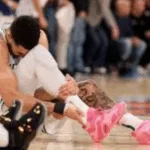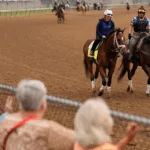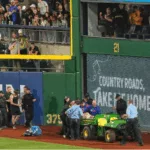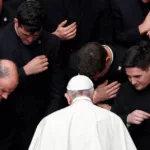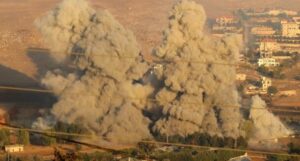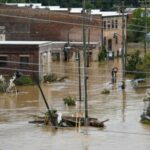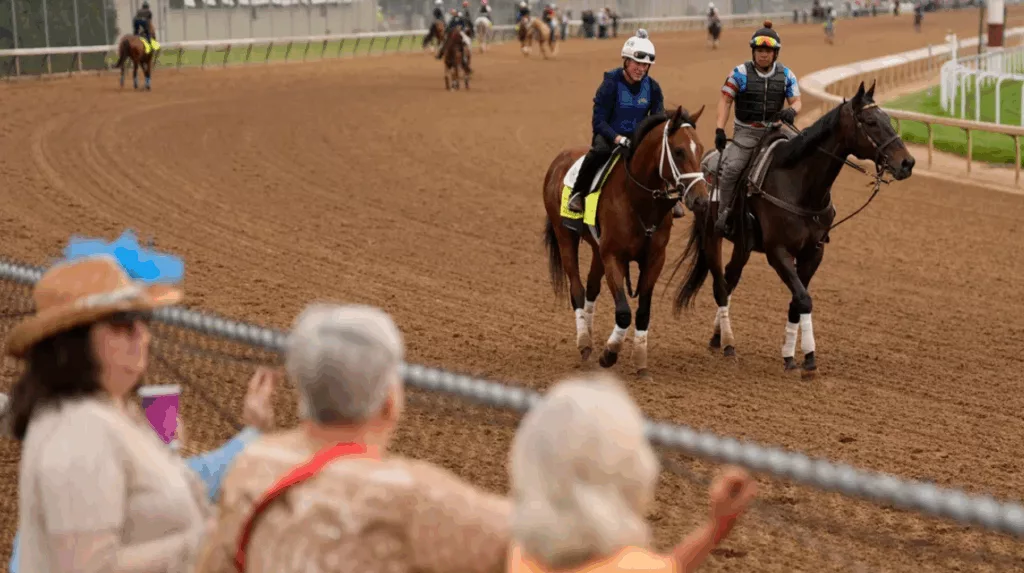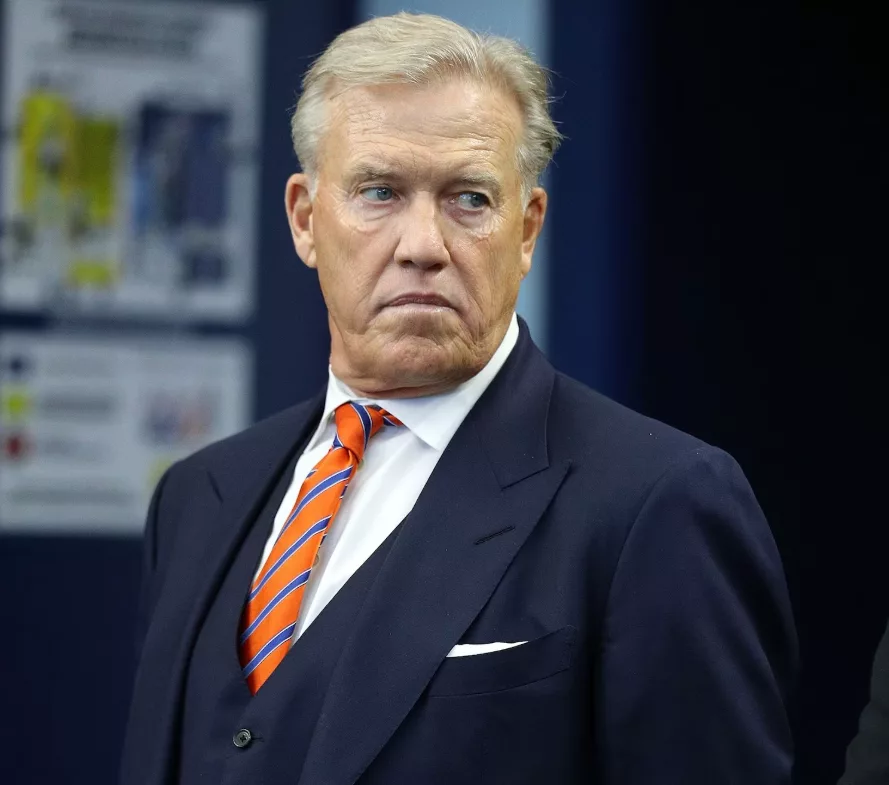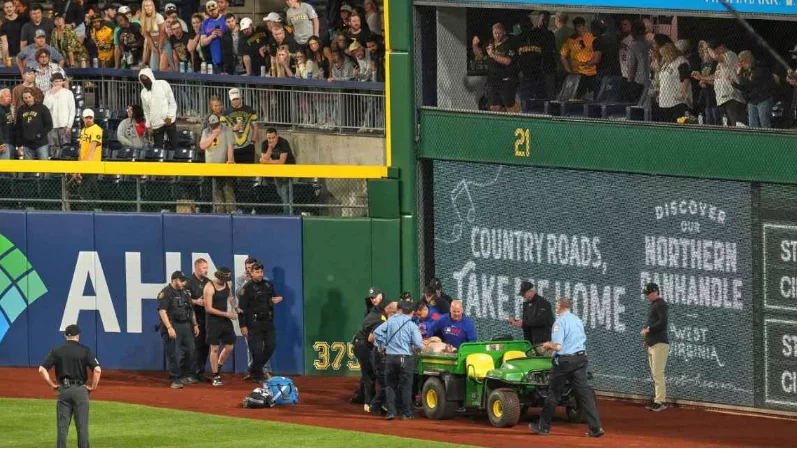The death of Hezbollah leader Hassan Nasrallah marks a significant moment in the long-standing conflict between Israel and the Iran-backed group. While Israel sees this as a major victory, the region now faces uncertainty and escalating tensions. Here’s a look at the key developments following this event.
Israel’s Ongoing Strikes Against Hezbollah
Intensified Airstrikes in Lebanon
Following the reported death of Hassan Nasrallah, Israel has continued its aggressive military campaign against Hezbollah. On Sunday, September 29, Israeli forces launched further strikes on Hezbollah targets across Lebanon. The focus has been on rocket launch sites and other military infrastructure that pose a threat to Israel.
- Israeli army claims it has struck “hundreds of Hezbollah terrorist targets” since Saturday.
- Lebanon reported 33 deaths and 195 injuries from the bombings.
Targeting Hezbollah’s Military Assets
Israel is now aiming at what remains of Hezbollah’s military power. With many senior leaders and key personnel killed in recent strikes, Israel’s focus is on neutralizing the group’s weapons depots and military buildings. Israeli Prime Minister Benjamin Netanyahu hailed this as a “historic turning point” in Israel’s ongoing fight against its enemies.
In a televised speech, Netanyahu claimed that Israel had finally “settled accounts” with the person responsible for the deaths of countless Israelis, as well as citizens from other countries, including Americans and French nationals. This was a direct reference to Nasrallah, who had led Hezbollah for over three decades.
Hezbollah’s Response and Regional Reactions
Limited Retaliation from Hezbollah
Despite the significant blow dealt to its leadership, Hezbollah’s military response has been muted. Instead, their Yemeni allies, the Houthis, have taken the lead in retaliatory actions. On Saturday, the Houthis attempted to strike Ben Gurion airport in Israel with a missile named “Palestine 2.” However, the Israeli defense systems intercepted the missile, and no damage was reported.
Iran’s Call for Action
The death of Nasrallah has also stirred international reactions. Iran, a close ally of Hezbollah, has called for an emergency meeting of the UN Security Council. Iranian Ambassador Amir Saeid Iravani urged the council to “take immediate and decisive measures to stop the Israeli aggression” and prevent a full-scale war in the region.
Lebanon’s National Mourning
Mourning Period Declared
In response to Nasrallah’s death, Lebanon declared three days of national mourning. The mourning period will take place from September 30 to October 2, with flags lowered and public ceremonies honoring Nasrallah’s role in Hezbollah.
- Official government statement referred to Nasrallah as a “martyr” of Israel’s “perfidious aggression” against Lebanon.
Hassan Nasrallah’s Death
The aftermath of Hassan Nasrallah’s death has plunged the region into deep uncertainty. While Israel claims a major victory, Hezbollah’s weakened state could either lead to temporary calm or spark further escalations. With Iran pushing for international intervention and Hezbollah’s allies preparing for potential retaliation, the situation remains volatile.
References
- Al Jazeera: www.aljazeera.com
- BBC News: www.bbc.com
- Reuters: www.reuters.com

